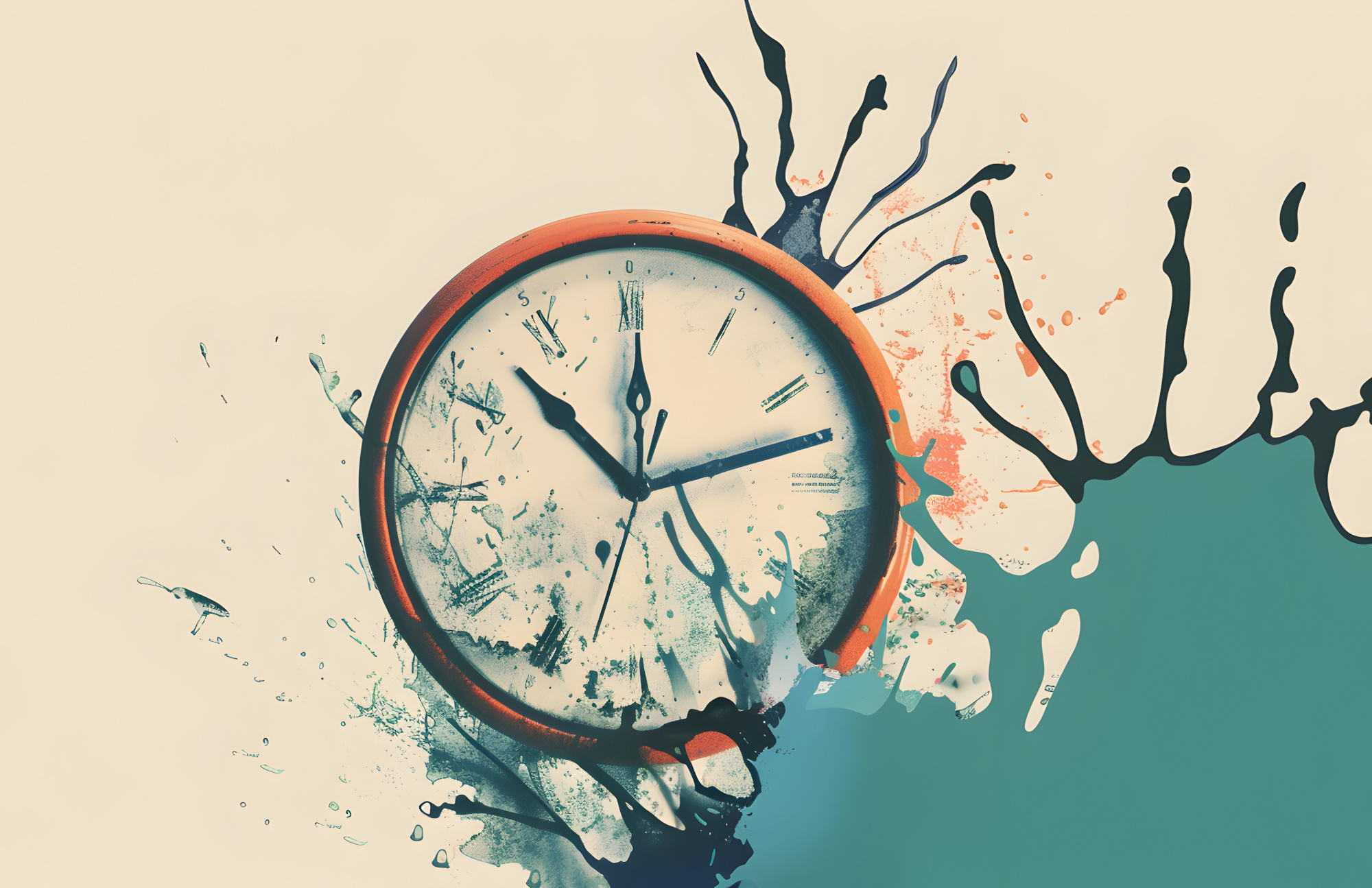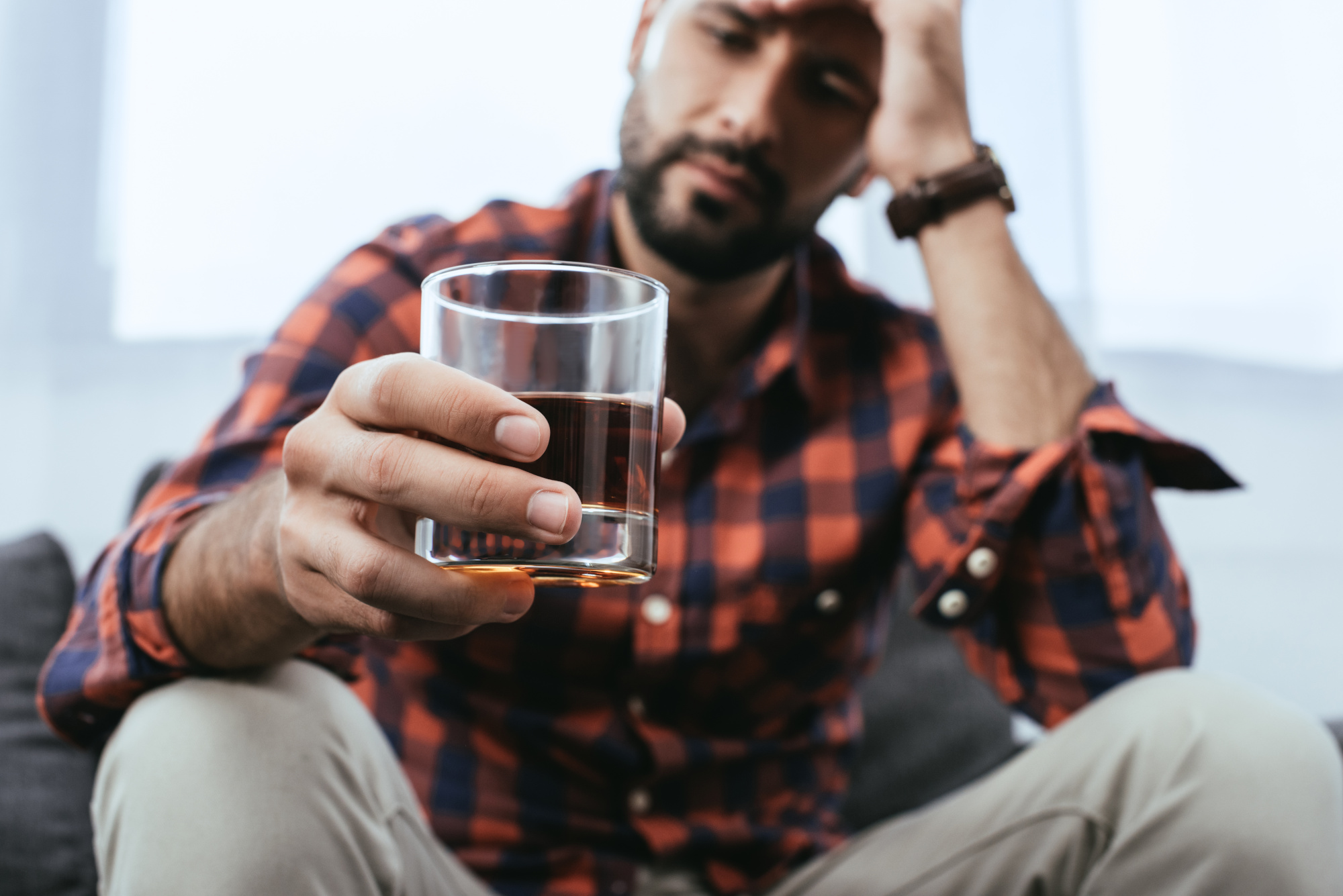Treatment for a chronic disease like addiction often focuses on orthodox methods like medication management, clinical modalities, or different types of psychotherapies. These orthodox treatment paths are effective for some, but many may prefer unorthodox methods like homeopathic remedies, eastern medicine, or meditation. Meditation, in particular, is forgotten when considering addiction treatment. Thankfully, many facilities today are integrating more meditation practices into their treatment programs and curriculum.
At The Ohana Addiction Treatment Center, meditation is just one of the unorthodox approaches we take to treat substance use disorder (SUD). Similar to how there are different types of treatment you can choose from, there are different kinds of meditations you can practice, including tantric meditation, sound paths, or even transcendental meditation. The many benefits of meditation will heal you from your addiction and past trauma if you simply open your mind to it.
Benefits of Meditation for Addiction
While The Ohana prioritizes unorthodox treatments like meditation, we also focus on evidence-based treatments. The National Center for Complementary and Integrative Health (NCCIH) cites a connection between meditation and an increase in calmness, the immune system, and improvement in overall physical and psychological health. Common elements of meditation include:
Starting meditation practices with an open mind
Having a quiet location with few little to no distractions
Focusing your attention towards your breath and calming mantras
Meditating comfortably either sitting, laying down, or lightly moving around
According to the NCCIH, there are several benefits of using meditation to improve physical health. Meditation can improve high blood pressure, symptoms of irritable bowel syndrome, anxiety, depression, and insomnia. Meditation can also integrate light physical activity, including yoga, hiking, or just going for a light walk.
Practicing Meditation at The Ohana Addiction Treatment Center
Our clients are introduced to many meditation techniques during their time at The Ohana Addiction Treatment Center. Meditation helps clients learn the tools needed to reduce stress and find inner peace. At its core, meditation serves to strengthen the connection between your mind, body, and spirit. It can be difficult at first to learn how to declutter the mind. Meditation requires an intense level of focus and determination but, when done properly, can help you to handle the threat of relapse upon leaving recovery and returning to your daily life.
One of the methods of meditation you may be introduced to while at The Ohana is called tantric meditation. The practice of tantric meditation combines four key elements: movement, breath, meditation, and sound. The practice helps to manipulate the life force in a way that helps the body to heal physically and mentally. Mastering a practice such as this will help you to learn to let go of the negative energy created from your addiction and how to handle threats to recovery long-term. You may also be exposed to sound baths during your time at The Ohana. Sound meditation helps to improve mood, physical and emotional health, and spiritual well-being. You can practice a sound bath by using a Tibetan singing bowl, bells, gongs, or many other forms of soothing sound. To learn more, we encourage you to read this study about the healing benefits of sound meditation.
Meditation and Relapse Prevention
Being open to using meditation, yoga, or sound baths on a beautiful island in the heart of Hawaii can help you remain over long after you leave treatment. Our goal at The Ohana is to provide a safe, relaxing environment for healing from addiction, self-growth, and discovery to ensure the return to your everyday life is a smooth transition. Our meditative practices will diminish the chances of relapse significantly. You know the conditions or environments you may be returning to and it’s our job to help teach you the tools needed to endure that return. We encourage individuals to stay as long as needed too. Treatment should not be rushed, and you should only return to your everyday life once you feel confident in the tools needed to maintain your recovery once home.
You may be reading this and questioning the efficacy of meditation to treat addiction recovery. The Ohana encourages anyone suffering from addiction to reach out — especially those who are skeptical. We can provide research, resources, and real-life examples of the effect meditation can have on addiction recovery. Recovery is an adventure where you can gain freedom from active addiction and reconnect your mind, body, and spirit to each other. Let The Ohana, our trained professionals, and meditative practices guide you on that adventure today.







